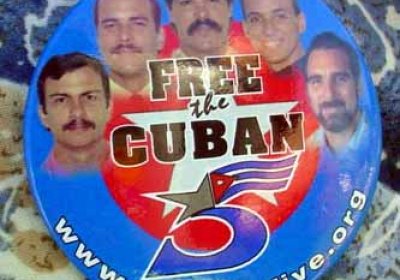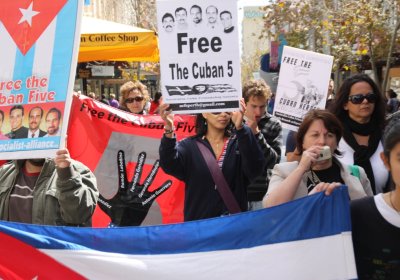Cuba
BRISBANE — To celebrate the 57th anniversary of the start of the Cuban Revolution, the Australia-Cuba Friendship Society organised a night of Cuban poetry readings, live music and food and drinks. On July 26, 1953, Fidel Castro led an attack by opponents of the Batista dictatorship on the Moncada Barracks. The event was held at the Queensland Council of Unions building. Veteran left-activist Jim Sharp read some poems from his new book, which was launched on July 31.
Fidel Castro Handbook By George Galloway MQ Publications, 2006 Review by Ramona Wadi In the introduction, to the Fidel Castro Handbook author George Galloway describes himself as “a partisan for Cuba, for the revolution, for the leadership”. While a partisan view may be shunned in journalistic terms Galloway has no hesitation in embracing a revolution and being loyal to a cause that inspired working class and other exploited people throughout the world.
- Previous page
- Page 17
- Next page








